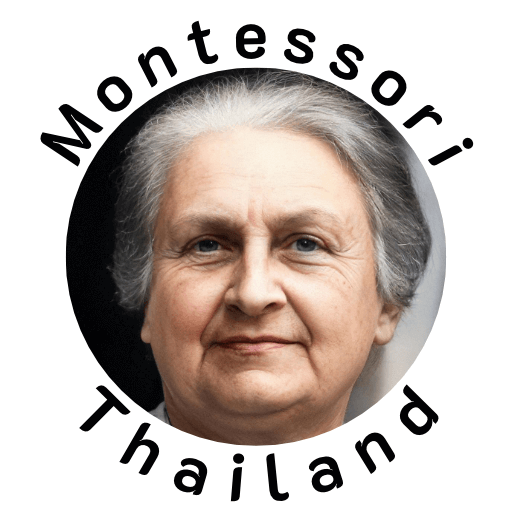
by MontessoriX | 1 Aug 2023 | Glossary
In Montessori education, Creativity and Imagination are considered vital aspects of child development and learning. Imagination refers to the ability to conceptualize things not currently present to the senses, while creativity is viewed as the...

by MontessoriX | 1 Aug 2023 | Glossary
In Montessori pedagogy, Cosmic Education is a cornerstone of the curriculum for children aged six to twelve years old. Maria Montessori developed this approach to provide children with a holistic and interconnected understanding of the world, starting from...

by MontessoriX | 1 Aug 2023 | Glossary
Coordination of Movement in Montessori education refers to the development and refinement of motor skills in early childhood.[1] Through independent effort, a child improves their muscular coordination, achieving higher levels of autonomous functioning....

by MontessoriX | 1 Aug 2023 | Glossary
Control of Error is a fundamental principle in Montessori education that allows a child to assess their own progress and correct mistakes independently.[1] This feature of Montessori activities promotes self-regulation, protects the child’s...

by MontessoriX | 1 Aug 2023 | Glossary
Concrete to Abstract is a principle in Montessori education where learning progresses from tangible, hands-on experiences to more abstract concepts.[1] The child initially interacts with concrete materials that represent an abstract idea, like size or...

by MontessoriX | 1 Aug 2023 | Glossary
In Montessori education, Concentration refers to the child’s ability to focus attention on a task for an extended period, which Maria Montessori believed is crucial for learning and mastery.[1] Inspired by the work of American psychologist William...







